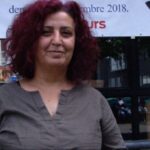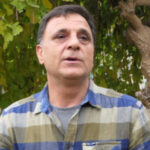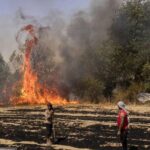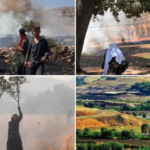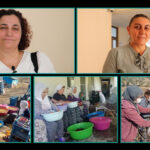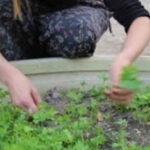Tunceli (pronounced [tundʒeli]; Kurdish: Dêrsim, Zazaki: Desim or Mamekiye) is a city in North Kurdistan / eastern Turkey. Former names of the city include Mamiki (from the Armenian: Mamikon), Kalan, and Dersim.
Tunceli, meaning “Iron hand” in Turkish was the name of the Turkish military operation to assimilate (turkify) the people by force. After the Dersim rebellion (also called the Dersim massacre, or genocide), any villages and towns deemed to have non-Turkish names were renamed and given Turkish names in order to suppress any non-Turkish heritage.
The city is in the valley of Munzur, surrounded by the high Munzur mountains. The city has limited means of transport to other cities. The population of the city was 32,815 as of 2011.
Ninety-eight percent of Tunceli’s population has at least a primary school education, leading to one of the highest rates of literacy for a district within Turkey. In 1979/1980 Tunceli had the highest number of students attending universities as well as the top entry points until the only higher education school shut down and was converted to a military base.
Tunceli University was established on May 22, 2008. It has departments in international relations, economics, environmental protection engineering, industrial engineering, electronic engineering, computer engineering and mechanical engineering.
The main economic activity is animal breeding. Wheat is the only notable agricultural product. There are chromium salt and marble deposits. But only salt is produced. There are a few factories based on agriculture.
